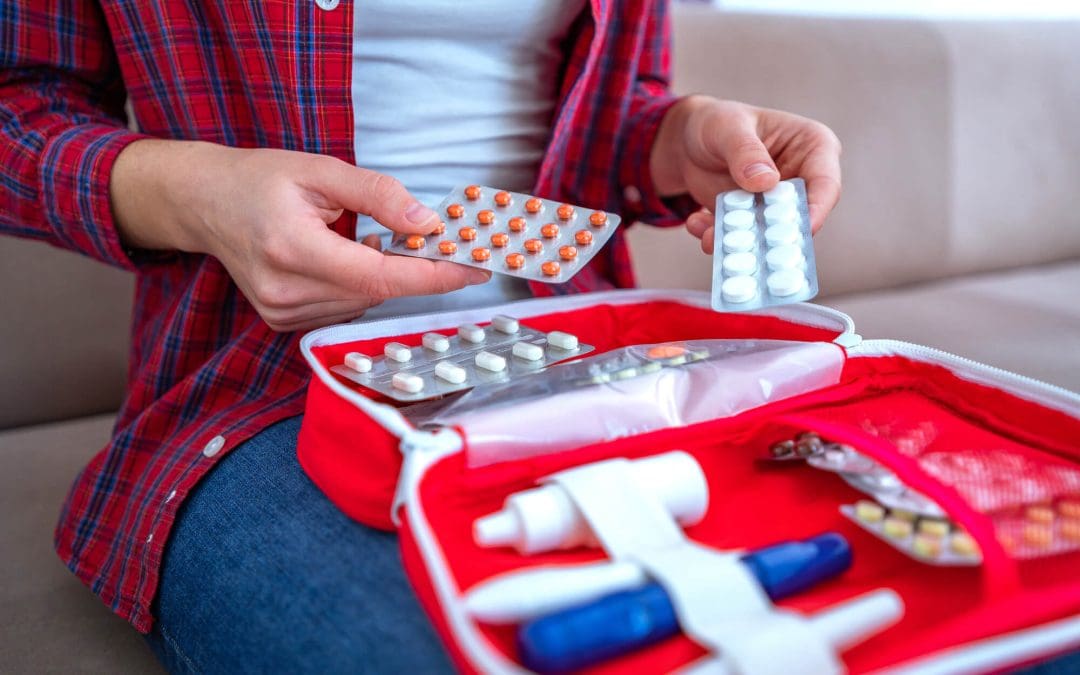Your home should be your sanctuary, where you and your family feel completely safe. But keeping it that way takes a little effort and preparation. Don’t worry; we’ve got you covered with straightforward and practical home safety essentials for homeowners to help protect your home and everyone in it.
Fire Safety Essentials for Homeowners
Fires can happen when you least expect them, so it’s important to be ready. Start by putting smoke detectors in key spots like bedrooms, hallways, and every floor of your house. Check them once a month to make sure they’re working, and change the batteries twice a year.
Keep a fire extinguisher in handy places, like the kitchen and garage. Learn how to use it and teach your family, too. Make a simple escape plan with your family so everyone knows how to get out quickly in case of a fire. And remember: never leave cooking food unattended, and be extra careful with candles.
Home Security Safety Essentials for Homeowners
Keeping your home secure doesn’t have to be complicated. Start with strong locks on doors and windows. If you can, invest in a home security system with cameras and alarms. Many modern systems let you check on your home right from your phone.
Brighten up the outside of your home with motion-activated lights. This makes it easier to see at night and will scare off potential intruders. Keep bushes and trees trimmed so no one can hide near your windows or doors. And if you’re going out of town, ask a neighbor to grab your mail and set up timers for your lights to make it look like someone’s home.
Preventing Everyday Accidents
Did you know that most accidents happen right at home? To prevent falls, keep floors and walkways clear of clutter. Use non-slip mats in bathrooms and kitchens, and make sure rugs are secured so no one trips over them. If you have older family members, grab bars in the bathroom can be a lifesaver.
If you have little ones at home, store cleaning supplies, medicines, and sharp objects out of reach. Childproof locks can help keep curious kids safe. Taking a little time to organize and secure things can make a big difference.
Preparing for Natural Disasters
Depending on where you live, natural disasters like storms, earthquakes, or floods might be a concern. It’s always better to be prepared. Start with an emergency kit that includes water, snacks, flashlights, batteries, a first-aid kit, and any important documents. Make sure your family knows where it is and what’s in it.
If you’re in an area prone to storms, consider storm shutters or reinforcing your windows. For earthquakes, secure heavy furniture to the walls. And don’t forget to practice your emergency plan with your family so everyone knows what to do.
Electrical Safety Tips
Electricity makes our lives easier but can also be dangerous if not handled carefully. Avoid overloading outlets or power strips, and never run extension cords under rugs. If your home’s wiring is older or you notice flickering lights, call an electrician to check it out.
Use surge protectors to protect your electronics during power surges. If you have kids, use outlet covers to keep their curious fingers safe. And always unplug appliances when you’re not using them, especially things like space heaters and irons.
Water Safety Essentials for Homeowners
Whether it’s a pool in the backyard or just a bathtub, water safety is crucial. Always keep an eye on kids when they’re near water. If you have a pool, put up a fence with a locking gate. In the bathroom, anti-scald devices on faucets can help prevent burns.
Stay Prepared, Stay Safe
Keeping your home safe doesn’t have to be overwhelming. Regularly check these safety measures and involve your family in the process. Talk openly about safety, and encourage everyone to share any concerns they might have. It’s a team effort, and together, you can make your home a secure and happy place.
Frequently Asked Questions
How often should I check my smoke detectors?
Test them once a month and replace the batteries twice a year. If they’re more than 10 years old, it’s time to replace them.
What should I keep in my emergency kit?
Your kit should have water, non-perishable food, flashlights, batteries, a first-aid kit, medications, and any important documents. Customize it to fit your family’s needs.
How can I make my home less attractive to burglars?
Use strong locks, install outdoor lighting, and trim bushes near entry points. A home security system can also be a great deterrent. When you’re away, make it look like someone’s home by using light timers.
What’s the best way to prevent carbon monoxide poisoning?
Install detectors near sleeping areas and check them regularly. Replace them as recommended by the manufacturer, and be aware of the symptoms of carbon monoxide exposure.
HomeVantage Home Inspections offers comprehensive inspections to homebuyers and sellers in Northern New Jersey. Contact us to request our services.

